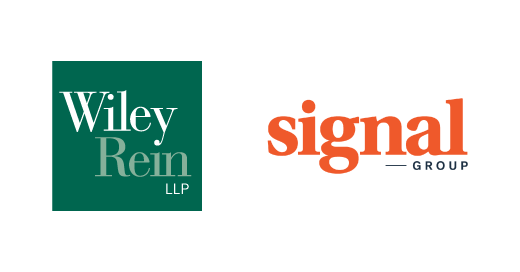Final FDA Rules Seek Quicker Patient Access to Breakthrough Technologies
In case you missed it, the Food and Drug Administration (FDA) last month issued final guidance on its Breakthrough Devices Program, hoping to provide manufacturers more clarity on how the agency will evaluate the safety and effectiveness of devices that treat or diagnose life-threatening or irreversibly debilitating conditions.
Breakthrough Device designation, which was established under the 21st Century Cures Act, includes devices that offer new ways to treat or diagnose a disease, have significant advantages over existing treatment alternatives, or provide another public health benefit. Thus far, 110 devices have received this designation, with eight approved for market.
“The idea with this program is to provide a more agile process for developers of breakthrough devices to obtain feedback from the FDA on their innovations,” notes FDA Commissioner Scott Gottlieb, M.D.
The final guidance includes a variety of features to reduce the time associated with the development, assessment, and review of eligible devices, such as:
-
Offering “sprint discussions” where sponsors and FDA team members work to quickly align on focused issues such as testing protocols
-
Enabling more flexibility in clinical study design
-
Disclosing FDA advisory committee discussion topics to device manufacturers at least five days in advance of meetings
-
Allowing sponsors to recommend their own external experts
-
Providing regular status updates to discuss the general progress of the project, next steps or plans for future discussions
-
Allocating additional staff to respond to questions
This is a significant shift in how the FDA typically interacts with sponsors and streamlines processes. In the fast-moving, often unchartered world of medtech, there are a myriad of new artificial intelligence, data security and medical quality considerations that need to be navigated. Increased transparency and clarity will help ensure the benefits and risks of these novel devices are addressed pre-market.
The FDA also announced the new Safer Technologies Program (STeP) for devices that treat less serious conditions but offer significant safety innovations. The FDA plans to detail how it will apply features of the current Breakthrough Devices Program to devices that improve safety performance, reduce the potential for adverse events or errors, or offer patient quality advantages.
The FDA has worked to keep pace with the evolving medtech market and address a lack of clarity or certainty about how to best evaluate the safety and effectiveness of these highly novel devices. Hopefully, the FDA will collect and share best practices about ways that companies can generate robust evidence and data – and find more ways to include patients and healthcare providers in planning and assessments.
It will be important for companies to select the right path forward for each device given its potential impact. In addition, companies must enter the process equipped with the right safety data, security plans, real-world viewpoints from patients, and insights from healthcare providers on the frontlines of care delivery.
Stay tuned -- In early 2019, there will be additional federal guidance and announcements, particularly regarding a proposed rule that modifies Medicare coverage of innovative technologies and final guidance for 501(k) pathways, premarket submissions made to the FDA to demonstrate device effectiveness.
This article is co-authored by Scott Delacourt and Michelle Baker at Signal Group.

SIGNAL Group (formerly McBee Strategic Consulting, LLC) is a wholly owned subsidiary of Wiley Rein. SIGNAL is a total solutions provider—advocacy, strategic communications, research, and digital media—for clients seeking to engage the federal government to achieve competitive advantage, influence public policy, establish new markets, and secure public capital.

